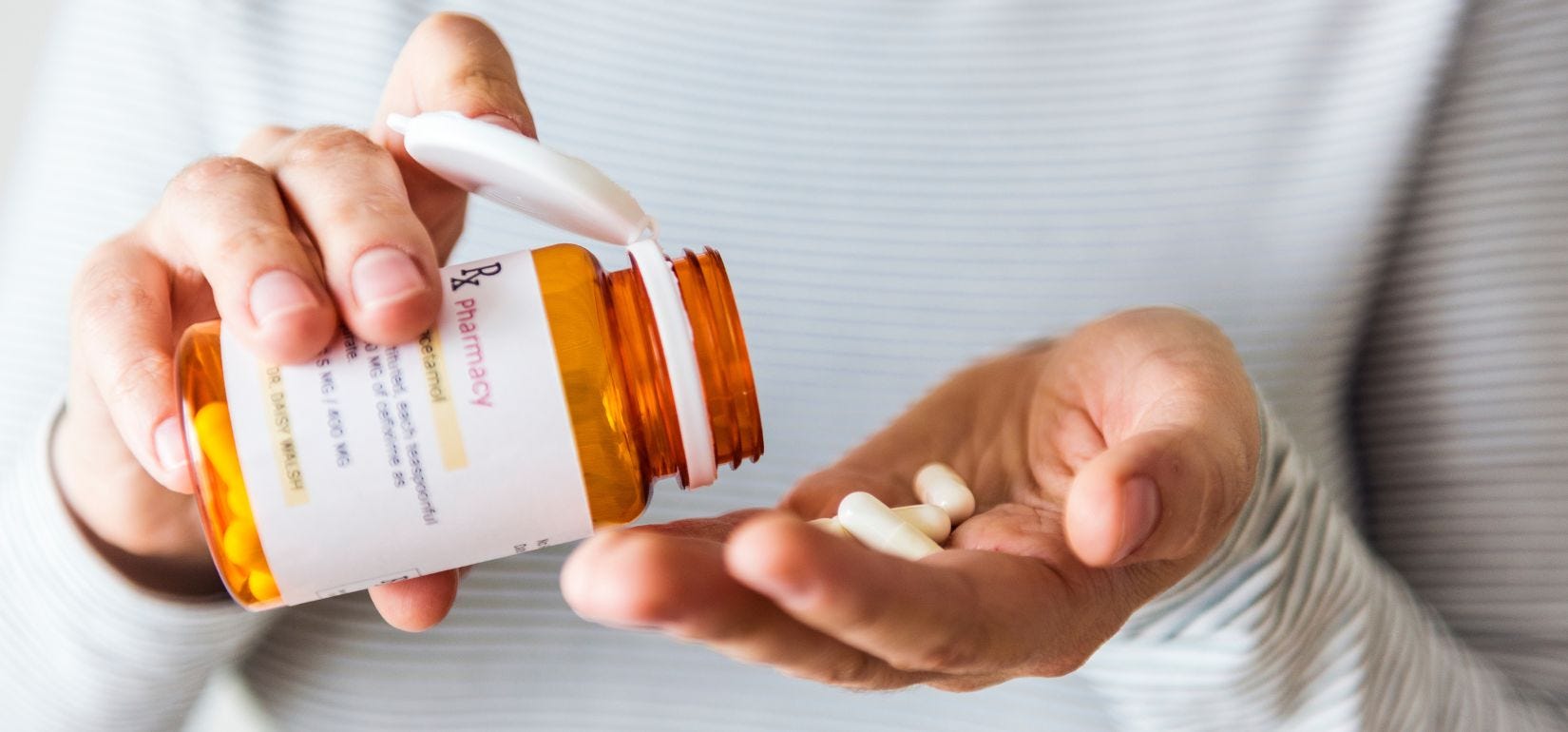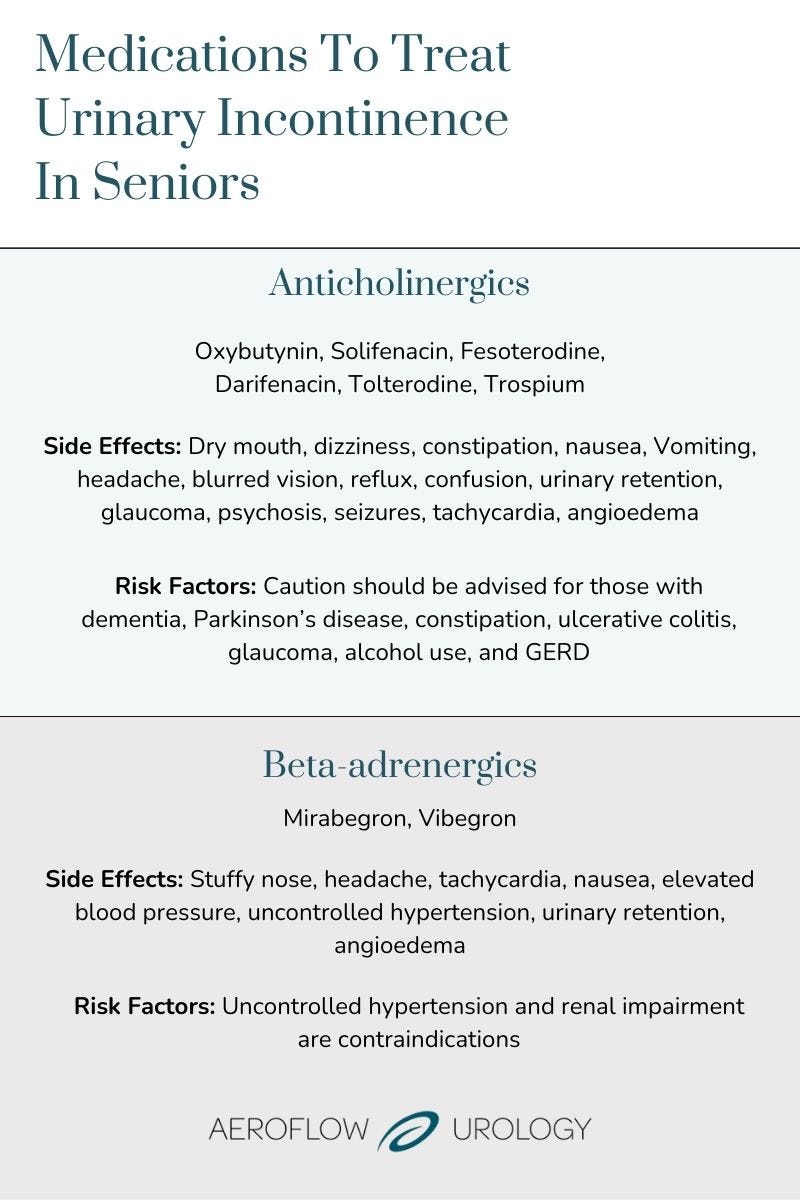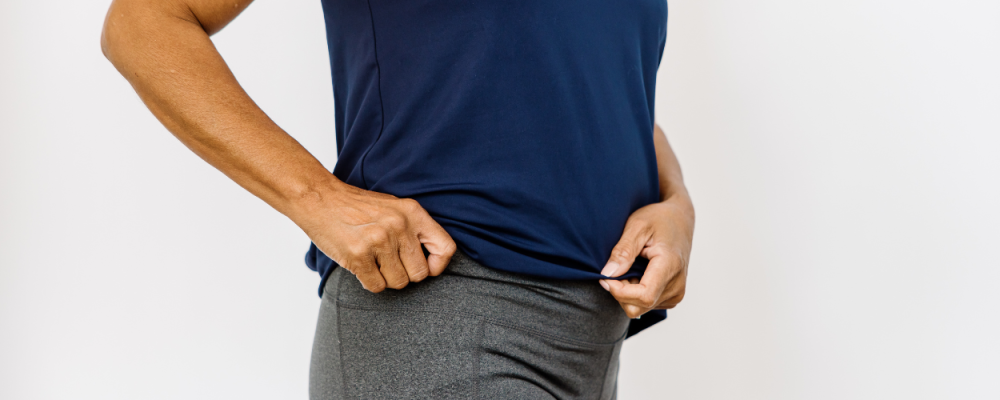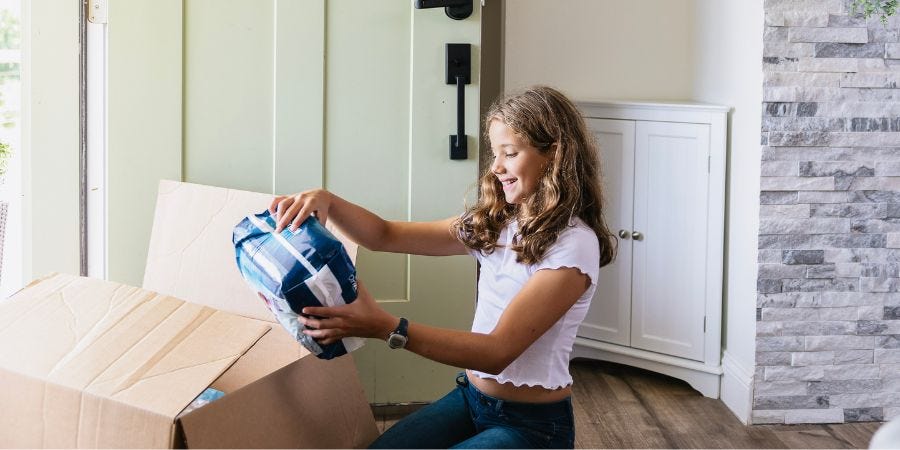Edited by Marlee Septak, Copywriter at Aeroflow Urology.
Along with the many other physical changes that occur with age, many of us will most likely experience a loss of bladder control as we grow older.
Referred to as urinary incontinence, this condition affects a countless number of elderly individuals nationwide. It presents unique challenges and discomforts for caregivers and seniors alike, but it doesn’t have to affect quality of life.
Medical science has made strides in developing medications to address the symptoms of urinary incontinence, and in this article, we’ll tell you which drugs will work best to help your loved one manage and lessen symptoms.
IN THIS ARTICLE:
What Causes Urinary Incontinence In the Elderly?
Common Types of Urinary Incontinence In the Elderly
When Should Medication Be Used for Urinary Incontinence In the Elderly?
What Are the Best Medications for Urinary Incontinence In the Elderly?
What Is the Newest Drug for Urinary Incontinence?
Lifestyle Modifications for Urinary Incontinence In the Elderly
What Causes Urinary Incontinence In the Elderly?
The main contributing factors of urinary incontinence (UI) for Ciswomen include:
- Hormonal changes in the urogenital tissues secondary to menopause.
- Nerve injury.
- Weak pelvic floor muscles.
Check Your Eligibility
2 Easy Steps
From catheters to pediatric and adult incontinence supplies, discover the continence care essentials covered by your insurance.
- Constipation
- Previous pregnancies.
- Pelvic surgeries, such as hysterectomy.
For Cismen, contributing factors include:
- Enlarged prostate.
- Constipation
- Detrusor muscle dysfunction.
- Urinary tract infection (UTI).
Common Types of Incontinence In the Elderly
Urge incontinence, sometimes called overactive bladder (OAB), is the most common type of UI in seniors. It is secondary to overactive detrusor muscle activity and limited mobility in reaching the restroom once the urge has been encountered. The main symptom is the sudden and intense urge to urinate, leading to leakage.
Another type of UI is stress incontinence. With stress incontinence, an individual will leak urine due to weakened pelvic floor muscles, common with aging. The main symptom of stress incontinence is leaking urine when coughing, sneezing, exercising, bending over, or lifting heavy objects.
When Should Medication Be Used for Urinary Incontinence In the Elderly?
Many older adults avoid social activities because of their UI symptoms. Medications can help get your loved one back out to the activities they enjoy, creating a more supportive mental health environment. When lifestyle changes (see below) are still not improving urinary symptoms by at least 50%, or if your loved one’s quality of life is diminished, consider using medications as a treatment for UI.
What Are the Best Medication for Urinary Incontinence In the Elderly?
It’s important to remember that each person will react differently to each drug, so speak with your loved one’s healthcare provider before trying new treatments.
Anticholinergics
Anticholinergic drugs block the signals that trigger bladder contractions (associated with urge incontinence or OAB). Types of anticholinergics that may work for UI include:
- Oxybutynin
- Solifenacin
- Fesoterodine
- Darifenacin
- Tolterodine
- Trospium
Side Effects
- Dry mouth.
- Dizziness
- Constipation
- Nausea
- Vomiting
- Headache
- Blurred vision
- Reflux
- Confusion
- Urinary retention / hesitancy.
- More severe concerns include glaucoma, psychosis, seizures, tachycardia, and angioedema.
Risk Factors
Caution should be advised for those with dementia, Parkinson’s disease, constipation, ulcerative colitis, glaucoma, alcohol use, and GERD.
Beta-adrenergics
Beta-adrenergics work by promoting relaxation of the detrusor muscle (bladder muscle). These types of medications may be more tolerated in elderly patients. It is also recommended that seniors taking beta-adrenergics monitor their blood pressure due to increased blood pressure. Types of beta-adrenergics include:
- Mirabegron
- Vibegron
Side Effects
- Stuffy nose.
- Headache
- Tachycardia
- Nausea
- Elevated blood pressure.
- More severe concerns include uncontrolled hypertension, urinary retention, and angioedema.
Risk Factors
Uncontrolled hypertension and renal impairment are contraindications.
Note: All urge incontinence / OAB medications are not recommended if someone has a bladder outlet obstruction or urinary retention.
If your loved one is taking medication for UI, follow-ups with a healthcare provider or urologist are crucial to catching side effects early and making adjustments as needed. Starting at a low dose and building up from there is key to tolerability.
Connect with your loved one’s provider 4-6 weeks after they begin taking a medication and every 3-4 months after that until a stable dose has been achieved with optimal symptom improvement. Minimize the side effects of medicines by starting UI treatment alongside lifestyle changes.
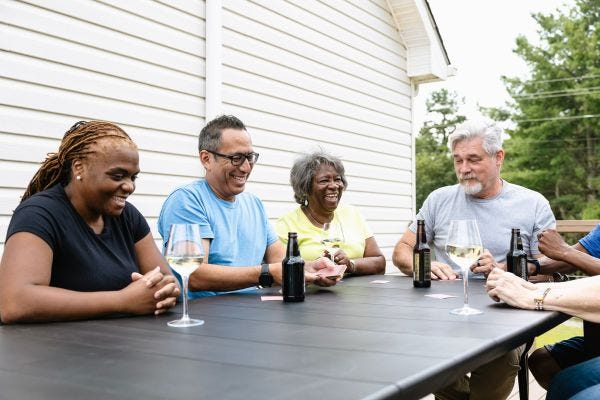

What Is the Newest Drug for Urinary Incontinence?
Gemtesa is the newest medication on the market and has been known to have a lower side effect profile, especially for older adults.
Lifestyle Changes for Urinary Incontinence In the Elderly
1. Use free incontinence products for seniors, such as adult diapers, adult pull-ons, or bladder control pads to protect against leakage.
2. Avoid constipation.
3. Increase water intake (despite being contrary to what you might believe) throughout the day.
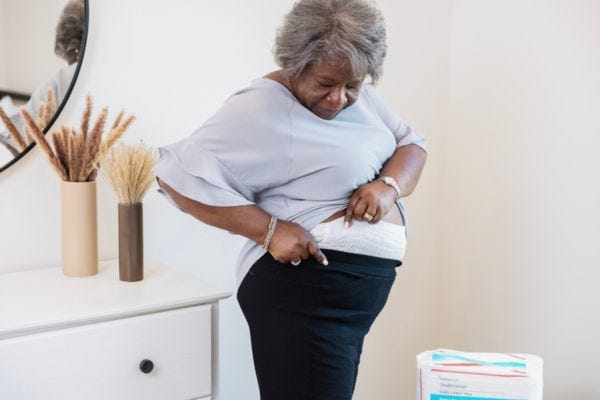

4. Limit foods and beverages that cause bladder irritation (citrus, spicy, caffeine, etc).
5. Don’t smoke tobacco.
6. Practice timed voiding or bladder training.
7. Decrease fluids 2 hours before bedtime.
8. Try pelvic floor physical therapy or pelvic floor muscle exercises (Kegel exercises).
Disclaimer
Information provided on the Aeroflow Urology website is not intended as a substitute to medical advice or care from a healthcare professional. Aeroflow recommends consulting your healthcare provider if you are experiencing medical issues relating to incontinence.


